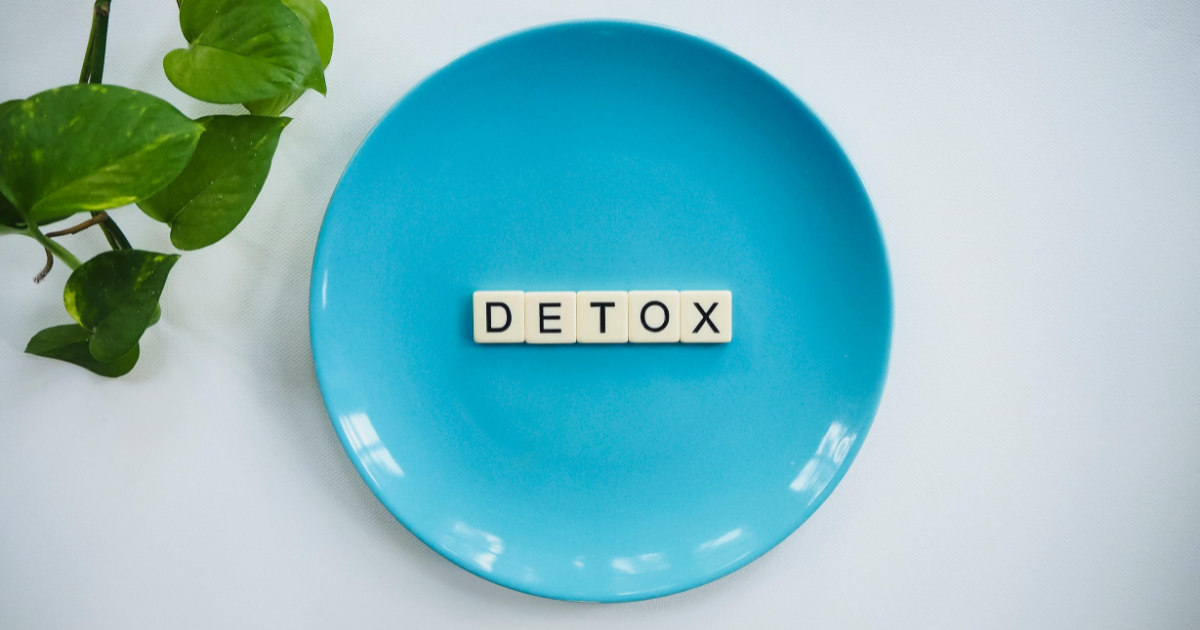Even as technology revolutionizes every means of how people live and work, there remains a great deal it has to take into account about an increasingly distressing rise in problems with mental health.
Digital detox and mental health are similar, and knowing what this screen habit affects can be a game-changer for our overall well-being. A digital detox is a deliberate disconnection from the world of technology for a certain period, a practice set to give your mind time and peace from the constant bombardment of information, social media comparison, and stresses of being connected 24/7.
In this article, we’ll dive into the mental health benefits of digital detox, why it’s necessary to practice reducing screen time for mental health, and how managing screen time for better mental health can transform your emotional and psychological well-being.
What Is a Digital Detox?
A digital detox is a retreat from technology, devices, and digital tools that consume most of our daily lives. It is a conscious, intentional effort to disconnect from the flow of information provided by smartphones, computers, and other screens.
The time spent on digital detox can range from a few hours to an entire day, even a weekend or week-long retreat. This should reduce a person’s dependency on their screen and allow the mind to cool down and come out of its frenzy.
It’s not easy to ask or not use devices for the sake of it, but one must realize how closely connected this is to mental health. It would make you much more in touch with the present, re-establish contact with nature or even with loved ones, and afford time for those things that might bring some time for the betterment of relaxation and mental clarity.
Pacific Coast Mental Health
The Impact of Excessive Screen Time on Mental Health
This digital age has brought so much convenience but, in the process, also a lot of challenges in terms of mental health. It also gives way to a huge issue if someone has excessive screen time. Its impact has proven to be very far-reaching.
Social Media Stress and Anxiety
Social media is designed to entertain, and hours of scrolling through feeds may occur just to check on notifications and see who is up to what. All such engagement causes anxiety, feelings of inadequacy, and stress. Keeping track of trends, having a nice image, and staying connected can place a mental burden and affect the emotional state.
Sleep Disruption and Burnout
One of the most obvious effects of screen time is on sleep. Because screens emit blue light, this will often disrupt the sleep-producing hormone in your body, melatonin. Simply put, it could take a much longer time before getting to sleep or be very low quality at night. Of course, over time, lack of sleep might start to impact someone by making them burnt out, easily irritated, or even depressed.
Mental Fatigue
Understand how a digital detox can help reset your mind, recognizing that excessive screen time can negatively impact mental health.

Benefits of a Digital Detox for Mental Health
When we step away from our screens, the mental health benefits of digital detox are immediate and profound. That is how taking time off technology will work wonders on your wellness factor:
Improved Sleep Quality
Improved sleep quality is the key mental health benefit of digital detox. This is because the blue light emitted from digital screens affects your circadian rhythm, so you may not be able to sleep at the correct time and may not get refreshing, rejuvenating sleep during the night. This is one of the most essential ways to create a healthy sleep schedule that calms the mind and resets the sleeping pattern of the mind.
Taking at least a 30-minute break from electronic devices before bed will ease your brain to naturally wind down and release the mental stimulation that e-mails, social media, or work notifications may cause to the brain.
Reduced Anxiety and Stress Levels
Reducing screen time can have an immediate effect on your anxiety and stress levels. Constantly being plugged into the digital world creates a sense of urgency. Notifications, messages, and news updates demand our attention, even when we’re not actively looking for them. This constant bombardment leads to higher stress levels, and for many, it becomes a source of anxiety.
A digital detox allows your brain the opportunity to calm and recharge. In the absence of the continuous din of digital activity, you can indulge in activities like mindfulness, relaxation, or hobbies that feel more satisfying and are less of a mental strain. Different research shows that people who spend plenty of time away from technology generally live with fewer anxious moments.
Enhanced Focus and Productivity
Other massive benefits of reducing screen time for mental health are improved concentration and productivity. Our ability to focus has been minimized because of the constant digital distractions. If one is checking on mail, answering messages, or scrolling through social media, it’s easy to lose all focus in one day.
Taking a digital detox gives you the space you want to allow your mind to reboot. Then, you can come to the office or your home task list with a renewed or focused head. Deep work or any other creative activities that are not disturbed can be kept aside, specifically with time.
Better Emotional Well-Being
Last but not least, one of the greatest benefits of unplugging is improved emotional well-being. Continuously being glued to a screen, especially on social media, promotes comparison, jealousy, and lesser self-worth. For a short period, unplugging lets you forget the negative emotional triggers associated with these things and build on the positive, balanced emotional state.
A digital detox offers you room to focus on your emotional health, whether it be bonding with loved ones, exercising hobbies, or simply appreciating solitude.
Pacific Coast Mental Health
Steps to Begin Your Digital Detox
You do not need to be overwhelmed to get started with digital detox and mental health. Here are a few practical steps that can be taken to disengage and feel the effects of being disengaged.
Setting Boundaries and Limits
Establish limits for your screen time. That might be limiting how long you spend on particular applications, disabling notifications, or having a set time of day that you check your phone or email. Controlling digital intake cuts down the compulsion to check it constantly and frees up your brain.
Creating Tech-Free Zones
Designate parts of your home as areas where technology is banned. This will help create your home as a source of mindfulness and relaxation. Your bedroom or dining area can now be designated as a no-tech zone. These are rooms where you can sit back, read, or engage in more meaningful conversations without distraction.
Establishing a Daily Routine
Creating a daily routine that prioritizes offline activities can significantly reduce your screen time. Include time for outdoor activities, reading, cooking, or spending time with family and friends. By establishing a routine that isn’t centered around screens, you’ll naturally reduce your reliance on technology.
Practicing Mindfulness
This helps individuals have a moment of living because mindfulness is central to digital detoxing. Create a couple of daily moments to practice mindfulness meditation, journaling, and sitting quietly in nature. They help with stress management, anxiety, emotional wellness, and developing a deep relationship with the surroundings.
How to Maintain Digital Balance After Detox
A digital detox is trying to achieve a healthy level of detachment from technology use. Here are some helpful tips on how to enjoy a positive digital balance beyond your detox:
- Set the frequency of digital detoxing. Have a regular schedule that should include digital detox as a routine to maintain healthy connections with technology.
- Be conscious of the manner and times of use of digital devices. Refrain from automatic scrolling, and use the technology with conscious meaning and intent.
- Stay mindful of your mental health. Monitor your mental health consistently, and be aware of the point when your screen time once more starts harming you.
Embracing Digital Balance for Better Mental Health
In a word, balancing pertains to managing screen time for better mental health issues. With a digital detox, a person can recapture his or her real life by re-establishing relationships with self, people nearby, and the world, respectively. Healthy digital behaviors might help reduce stress, sleep better, or become emotionally healthier.
Call to Action
Is your body ready for the first step toward a healthy relationship with technology? First, start by giving an hour a day to this digital detox and see what happens in your mental life. Share your journey and let us know how life has become better with unplugging. Welcome all the benefits of a digital detox, and begin feeling better now!
Pacific Coast Mental Health
FAQ’s
How long should a digital detox last?
A digital detox can last anywhere from a few hours to several days. Start small and gradually increase the length of time as you become more comfortable with the process. Even a short break can have a positive impact on your mental health.
What if I need my phone for work?
You don’t have to cut off all technology entirely. If you need your phone for work, consider setting specific times when you’ll check emails or messages, rather than allowing them to interrupt your day.
Can I still use digital devices for productive purposes during a detox?
Yes, you can still use technology for essential, productive purposes, but limit the time spent on activities that aren’t helping your mental health. Prioritize your emotional well-being by disconnecting from social media and unnecessary digital distractions.








